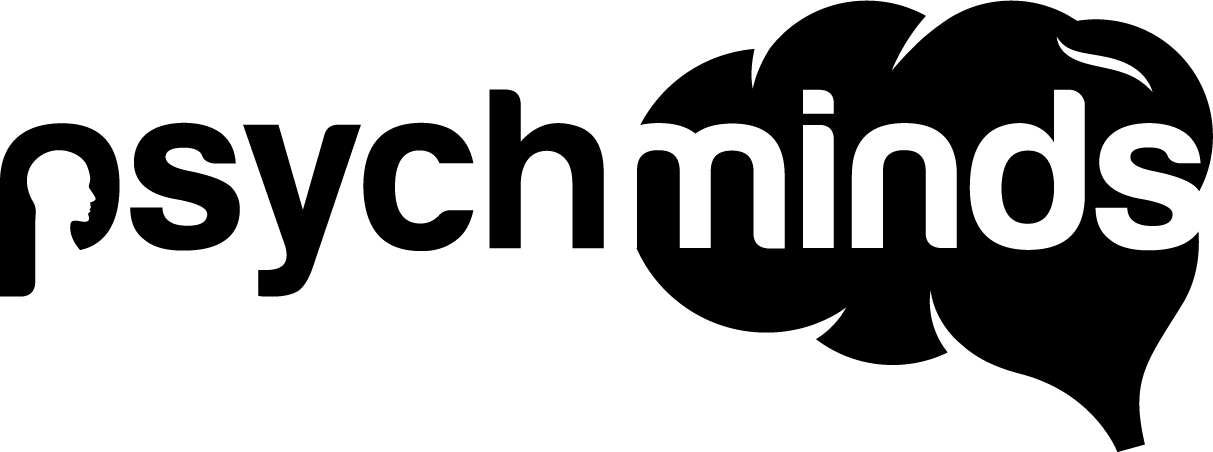We all have our favourite revision strategies, well-honed from the countless exams we’ve taken in our lifetime. Highlighting, scribbling down quick summaries, re-reading all our notes until we can recite them backwards to name just a few. But are these tactics effective? Professor John Dunlosky shares his expertise on the subject as well as some study tips that he would recommend.
According to Dunlosky, many of the common techniques students use are simply ineffective. For instance, summarizing material has been proven to be just as effective as re-reading, which Dunlosky is quick to point out, is not an effective revision method. When students re-read material they get a false sense of security that they understand it. This occurs merely because they are familiar with the text but not necessarily because they understand the concept. This familiarity leads them to skim the information which does not lead to a deeper understanding or better memory for the material.
So summarizing and re-reading are no-no’s. How about highlighting? We all love making our books look like rainbows, coordinating the colours, all the while hoping the information will somehow sink in. Dunlosky, however, claims this is also an ineffective method. When students highlight, they tend to focus on one concept at a time. Dunlosky claims that this does not allow them to integrate the material they are learning into a more comprehensive whole in order to understand the bigger concept, which ultimately hinders learning.
What does work then? If re-reading, summarizing and highlighting, all staples of student’s study techniques, do not work, what does? Dunlosky suggests imagery. According to recent research, this study technique looks promising. If students can elaborate mentally and form pictures and visual images in their heads of the text, this will help them to remember it in a more meaningful way.
Another method Dunlosky is a strong advocate of is creating mock-tests. Testing yourself or creating flash cards from memory are conducive to long term retention of information. Retrieving concepts from memory helps one to better understand them and is more engaging than simply re-reading. After all, how many of us have read a sentence three or four times before realizing nothing has sunken in? Testing and flash cards, however, allow the brain to create a more elaborate memory trace.
So while studying for GCSE’s, A-Levels or final year exams make sure to buy a set of note cards, make practice tests and create mental maps and images for the concepts that are going to be on the test. After all, as the Chinese proverb goes, “Tell me and I’ll forget, show me and I may remember, involve me and I’ll understand.” Engaging with the information in an active manner will no doubt lead to more successful study habits and long term memory retention.
Reference:
Hammond, C. (Writer). (May 14, 2013). Exam revision; Therapists who cry; NHS acute bed shortages; Skin disorders [Radio series episode]. In Hill, F. (Producer), All in the Mind. UK: BBC Radio 4















